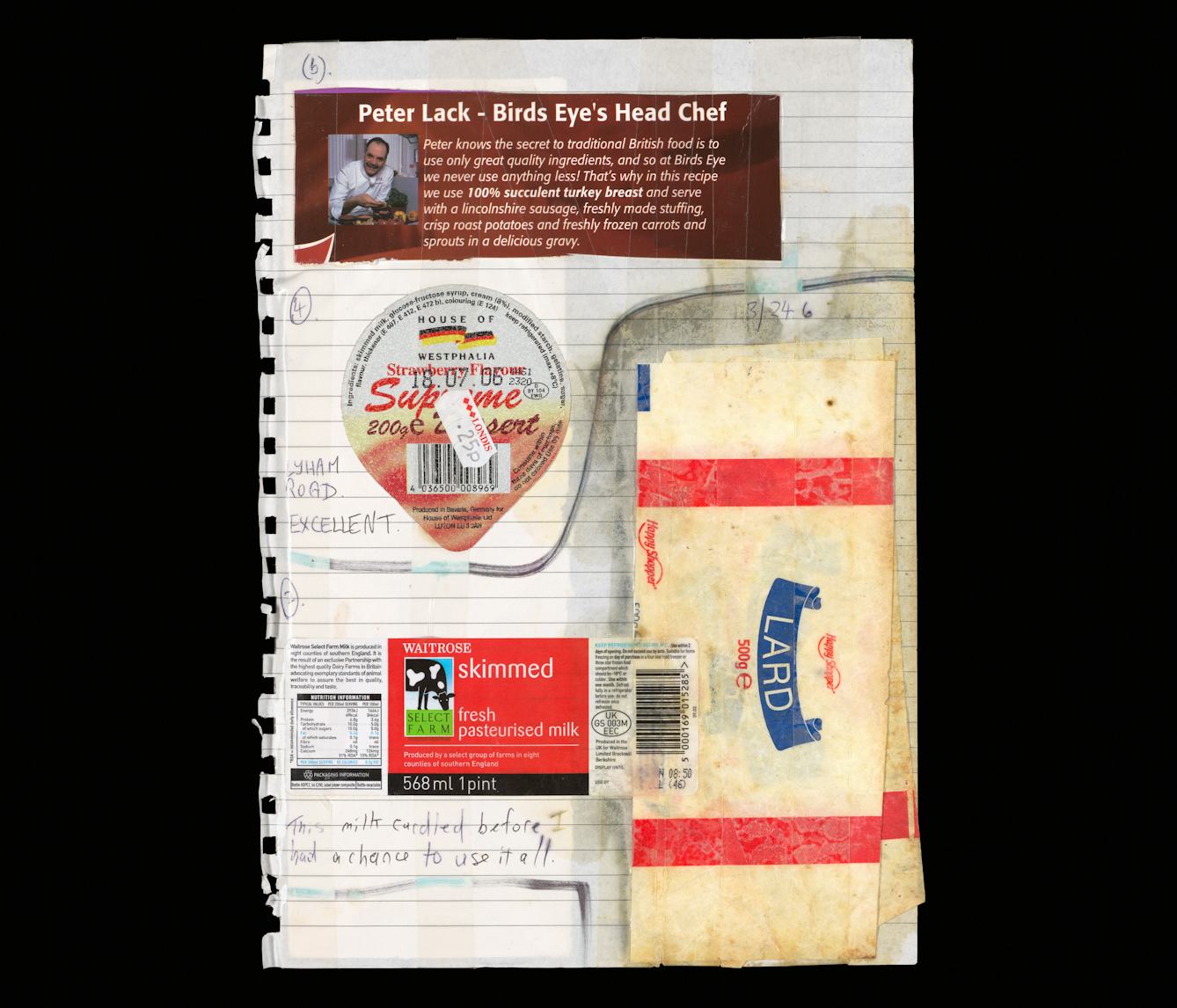
- Article
- Article
Conserving Audrey
Elena describes how specially designed storage allows Audrey’s scrapbooks to retain all traces of her creative process, although their intrinsic fragility means deterioration is almost inevitable.

- Article
- Article
The father of handwashing
Doctors performing autopsies and then delivering babies – with not a hint of soap in between – was the grim recipe producing a lot of motherless offspring in the 1800s. But one man’s gargantuan efforts to upend accepted medical thinking turned the tide.
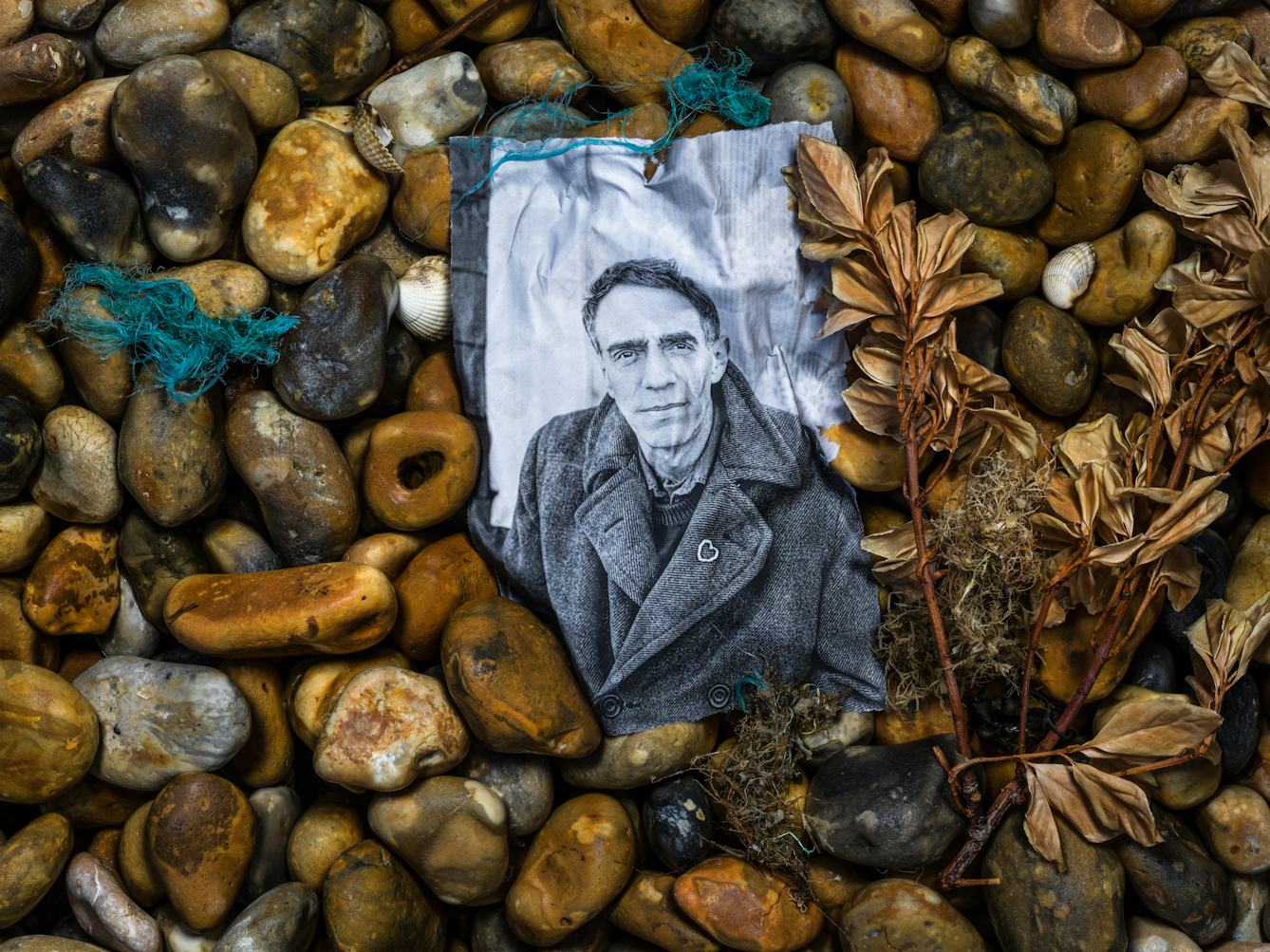
- Article
- Article
In the tracks of Derek Jarman’s tears
Researcher E K Myerson shares her moving encounters with the personal papers of artist and filmmaker Derek Jarman.
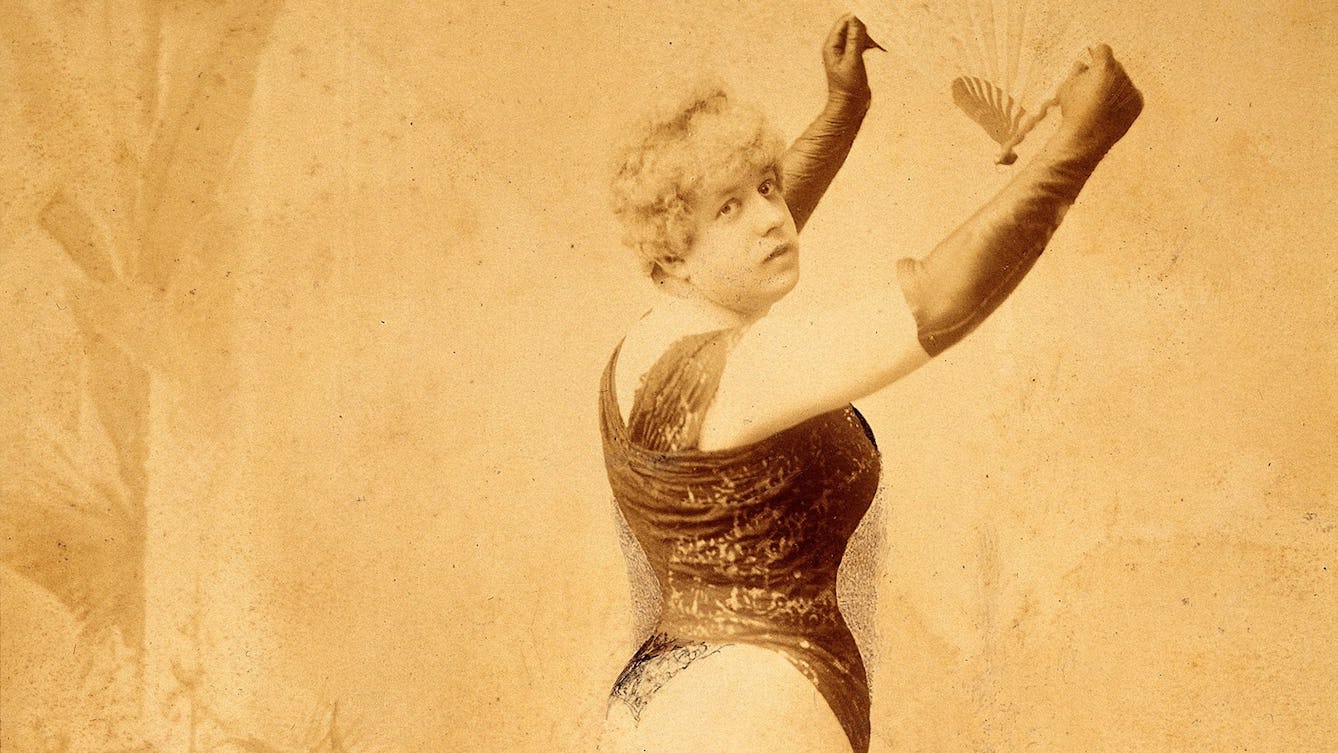
- Article
- Article
Photographs as evidence of gender identity and sexuality
Intriguing photographs from sexologists’ archives suggest they could have helped people explore their gender identity and sexuality.

- Article
- Article
Sick of being lonely
When his relationship ended, Thom James first withdrew from the world, then began to suffer from illnesses with no apparent physical cause.

- Article
- Article
Uncovering experiences of dementia
Focusing on three 19th-century women’s case notes, Millie van der Byl Williams explores how our definition of dementia has changed.
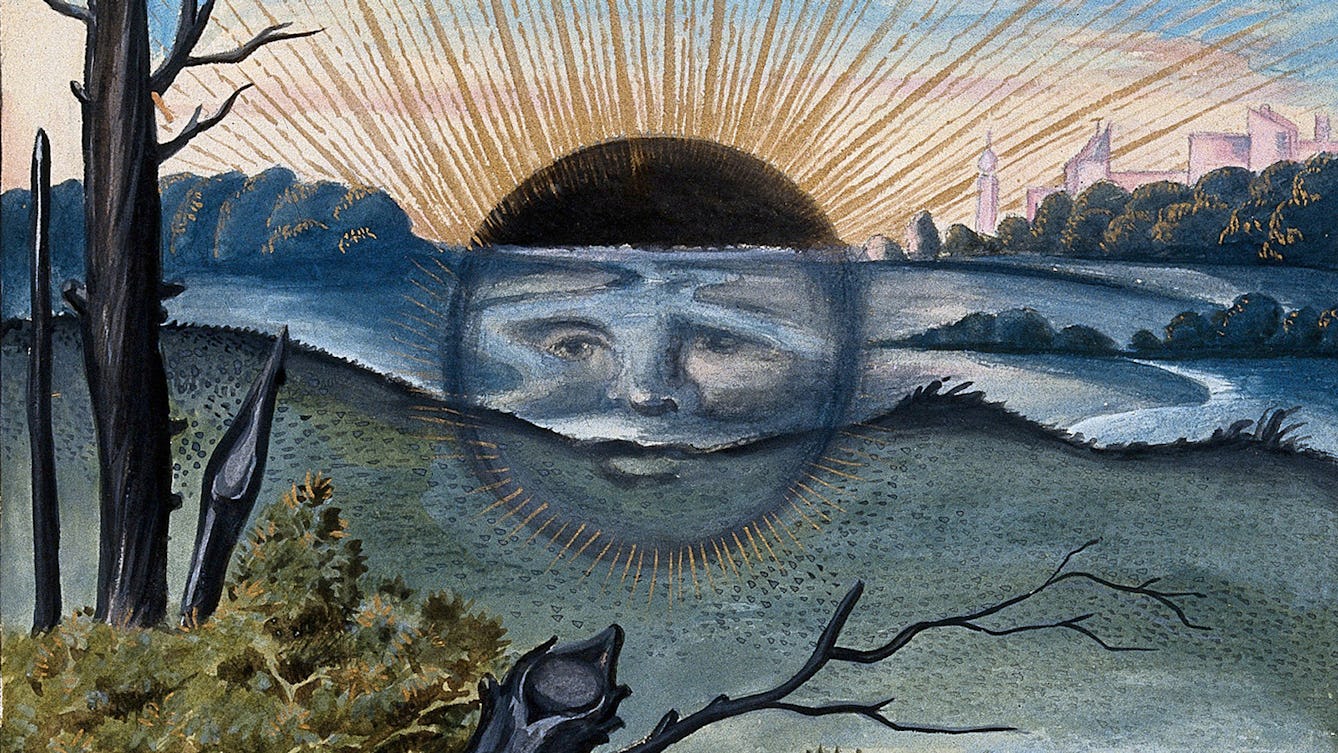
- Book extract
- Book extract
Winter blues and the story of SAD
In ‘Chasing the Sun‘ Linda Geddes reveals why for some people, winter is literally depressing, showing how we first came to recognise seasonal affective disorder (SAD).

- Article
- Article
The birth of the public museum
The first public museums evolved from wealthy collectors’ cabinets of curiosities and were quickly recognised as useful vehicles for culture.

- Article
- Article
Homes for the hives of industry
By building workers’ villages, industry titans demonstrated both philanthropy and control. Employees’ health improved, while rulebooks told them how to live ideal lives.

- Article
- Article
Illuminated manuscripts, illuminating medicines
From rare bugs to exorbitantly priced plant parts, find out more about the artistic and medical uses of pigments from the past.

- Article
- Article
NHS Blue: the colour of universal healthcare
The 1980s and 1990s saw ideas from the world of business infiltrating the NHS, including the introduction of an internal market, followed by a corporate branding exercise.
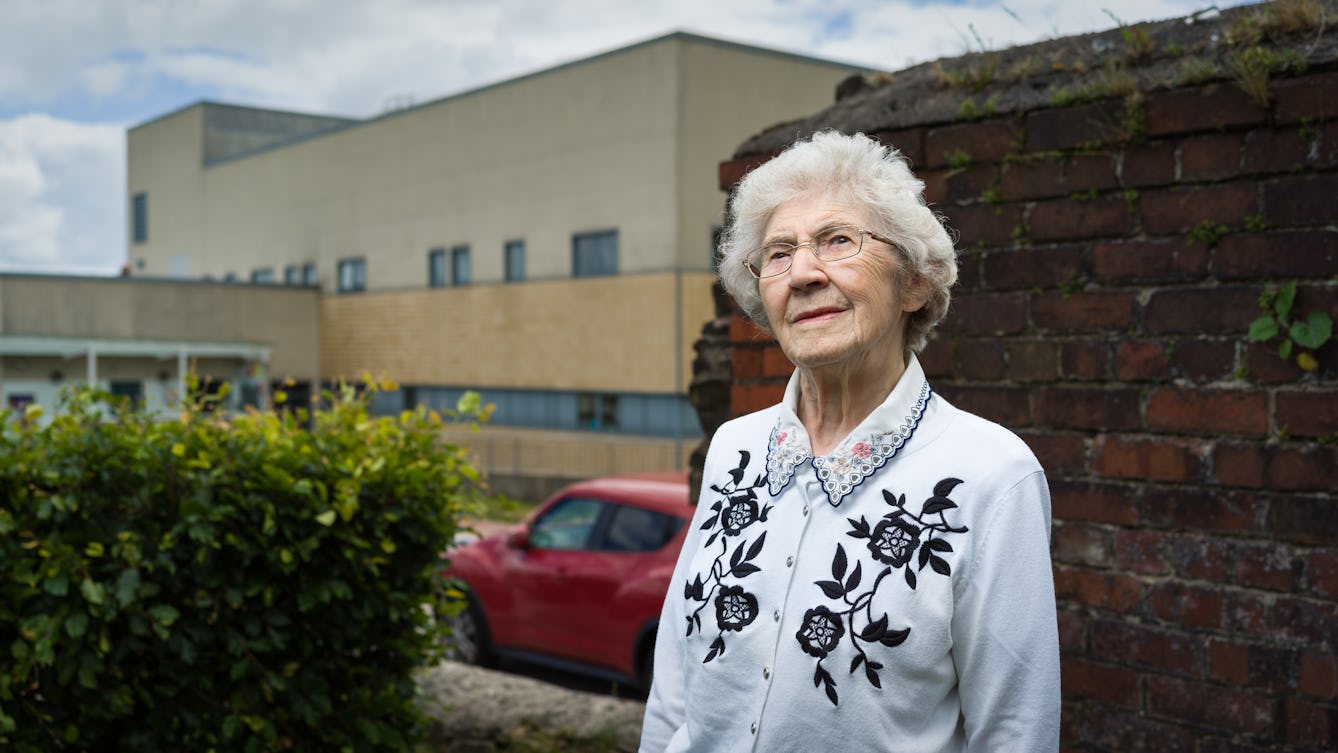
- Article
- Article
The birth of Britain's National Health Service
Starkly unequal access to healthcare gave rise to Nye Bevan’s creation of a truly national health service.

- Article
- Article
Deciding a date for the end of the world
When will the world end? Charlotte Sleigh explores how our obsession with dates and dramatic imaginings of the end can distract us from the dangers slowly creeping up on us.

- Article
- Article
Hunting lost plants in botanical collections
A bark specimen at Kew recalls the story of a South American man who harvested the most potent source of the only effective malaria treatment available in the late 1800s. Killed for his work and forgotten by history, Manuel Mamani was a victim of the colonial juggernaut.
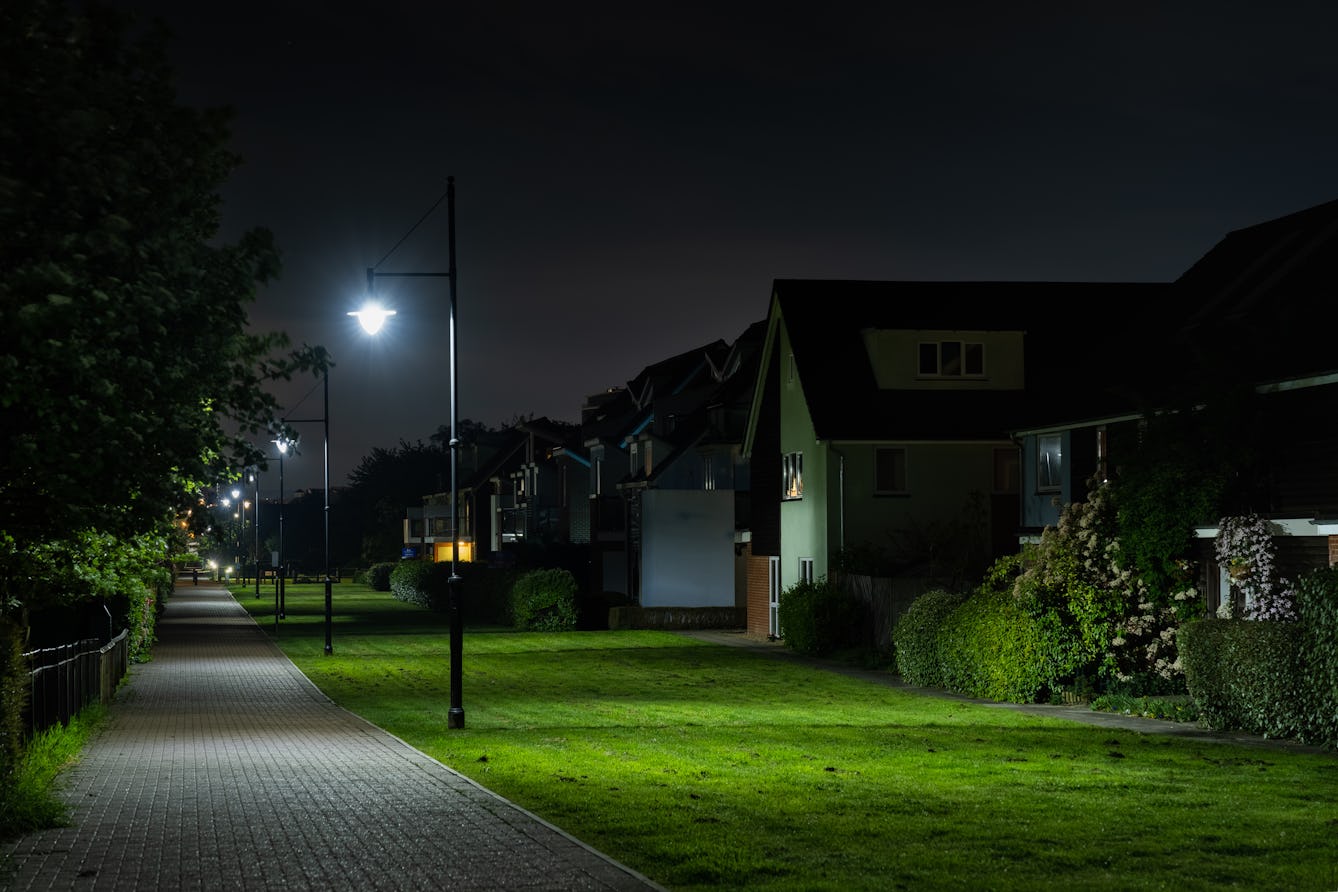
- Long read
- Long read
Our complicated love affair with light
Sunlight is essential, but our relationship with artificial light is less clear cut. It expands what’s possible; it also obscures and polices. In this long read, Lauren Collee pits light against night, and reveals the shady places in between.
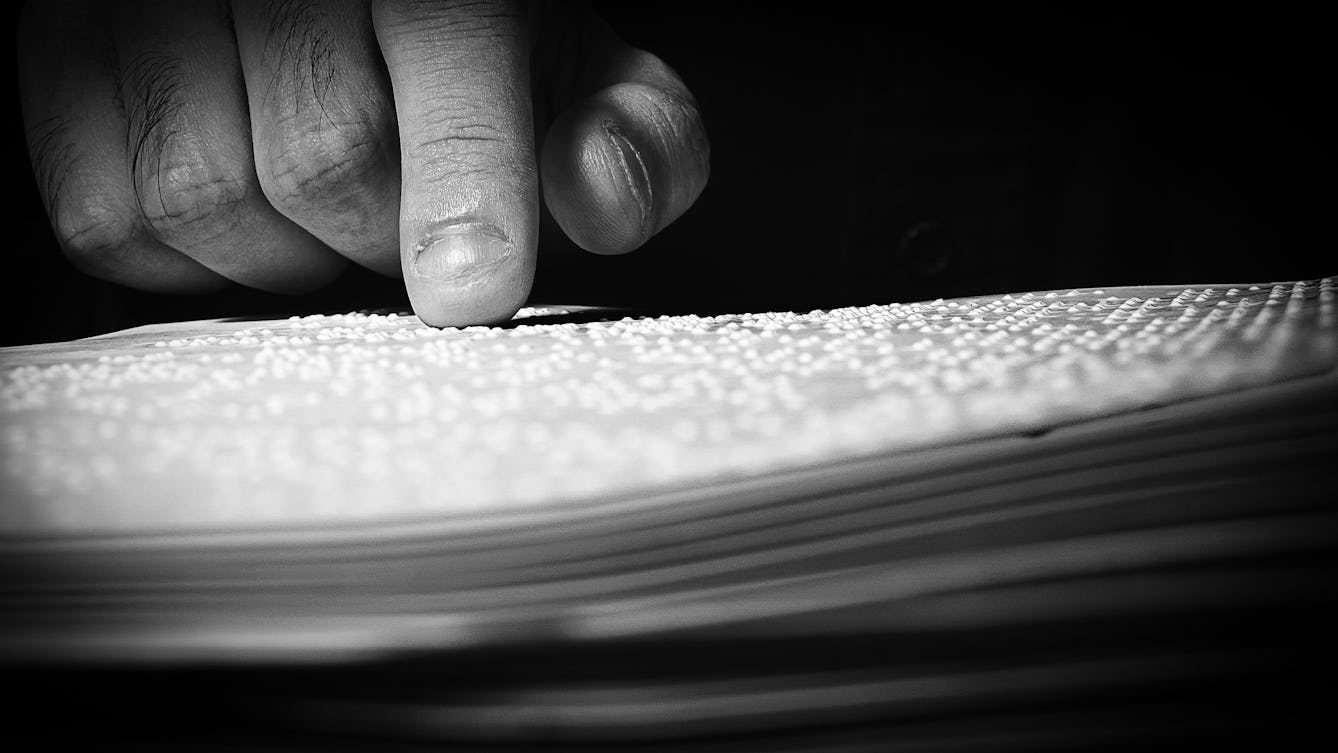
- Article
- Article
Bringing Braille back to the modern world
For anyone who thinks Braille is so last century, read on. New tech is helping dust Braille down and bring it to today’s visually impaired people.

- Long read
- Long read
Healthy scepticism
Healthcare sceptics – like those opposed to Covid-19 vaccinations – often have serious, nuanced reasons for doubting medical authorities.
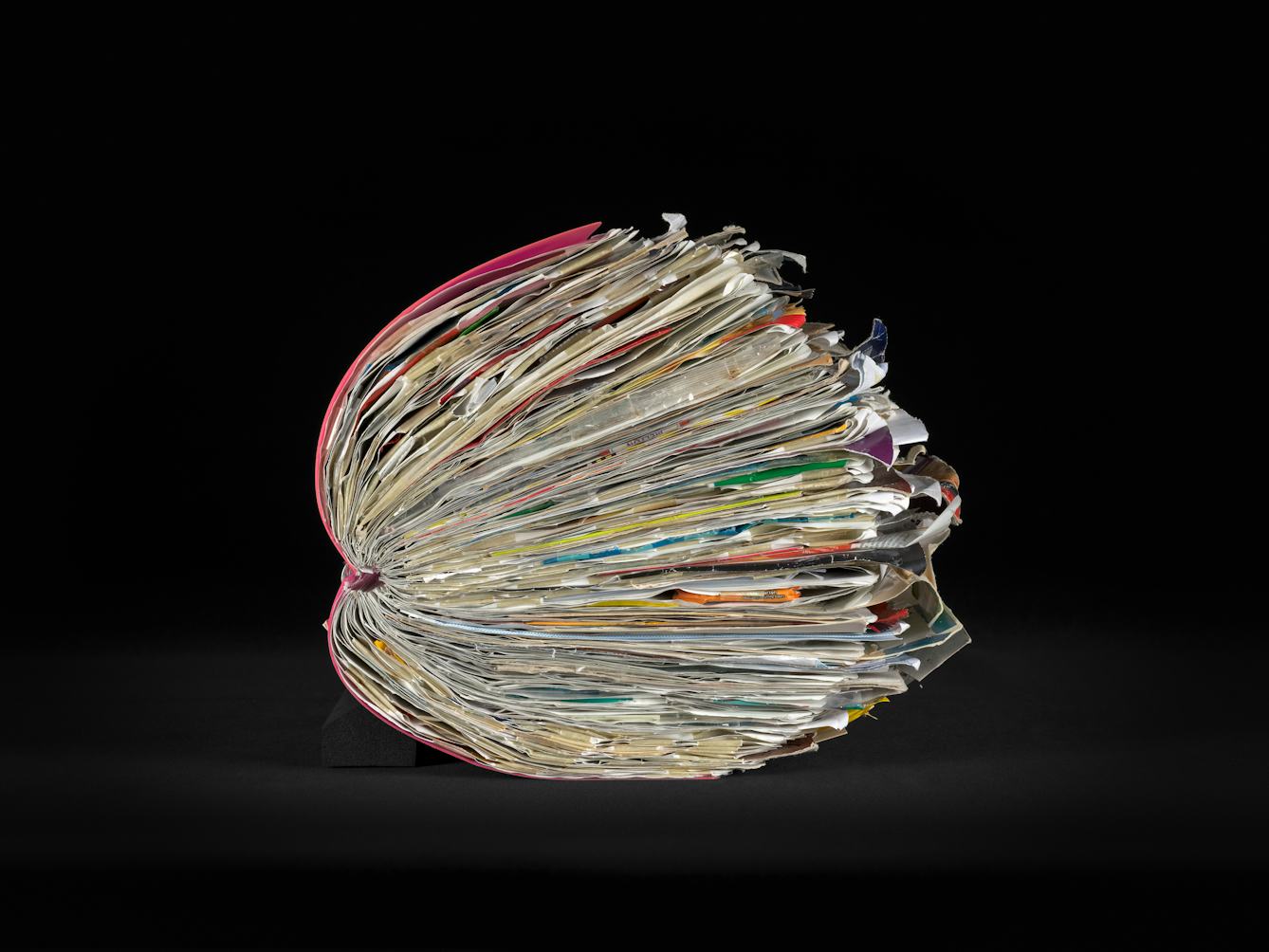
- Article
- Article
Digitising Audrey
Building digital images of what Audrey created means that her work can be frozen in time – for the digital version, at least, the process of decay is halted, and any number of people can view it without the risk of damaging it.
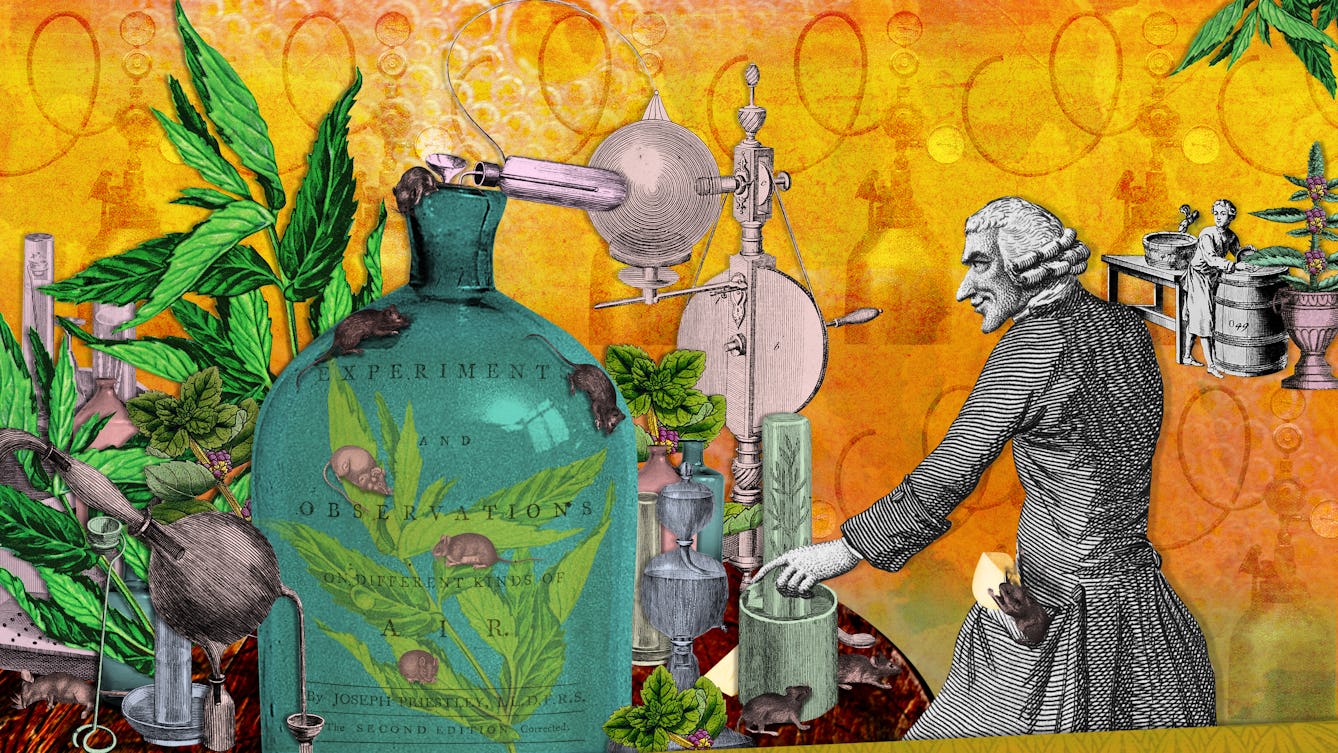
- Article
- Article
What is air, and how do we know?
Watching bubbles in fermenting beer led 18th-century scientist Joseph Priestley to invent sparkling water – and to discover that different gases make up the air we breathe.

- Article
- Article
Can isolation lead to manipulation?
Military-funded researchers wanted to know if isolation techniques could facilitate brainwashing. One neuroscientist suggested that it might improve our own control over our minds.

- Article
- Article
Guerrilla public health
From safe-use guides to needle exchange schemes, Harry Shapiro reflects on 40 years of drug harm reduction in the UK.

- Article
- Article
“Life and the universe change our plans”
Artist Lil Sullivan returns to the printmaking workshop for the first time after her stroke, and uses broken and discarded everyday objects to create art.

- Article
- Article
Searching for a place to call home
Wherever she’s lived, Tanya Perdikou has rarely felt at home, and numerous moves have perpetuated a sense of disconnection. But signs from nature offer powerful moments of connection.

- Article
- Article
How to rehabilitate the concrete jungle
A huge concrete housing estate from the 1960s, now seen as an ecological mistake, is being drastically redeveloped, compounding the environmental errors. Owen Hatherley posits a more creative solution.

- Article
- Article
How nature is defending itself in court
The idea that nature has legal rights is increasingly being taken seriously, but who gets to speak for it? Isabella Kaminski asks how the non-human can be represented within a human-made system.